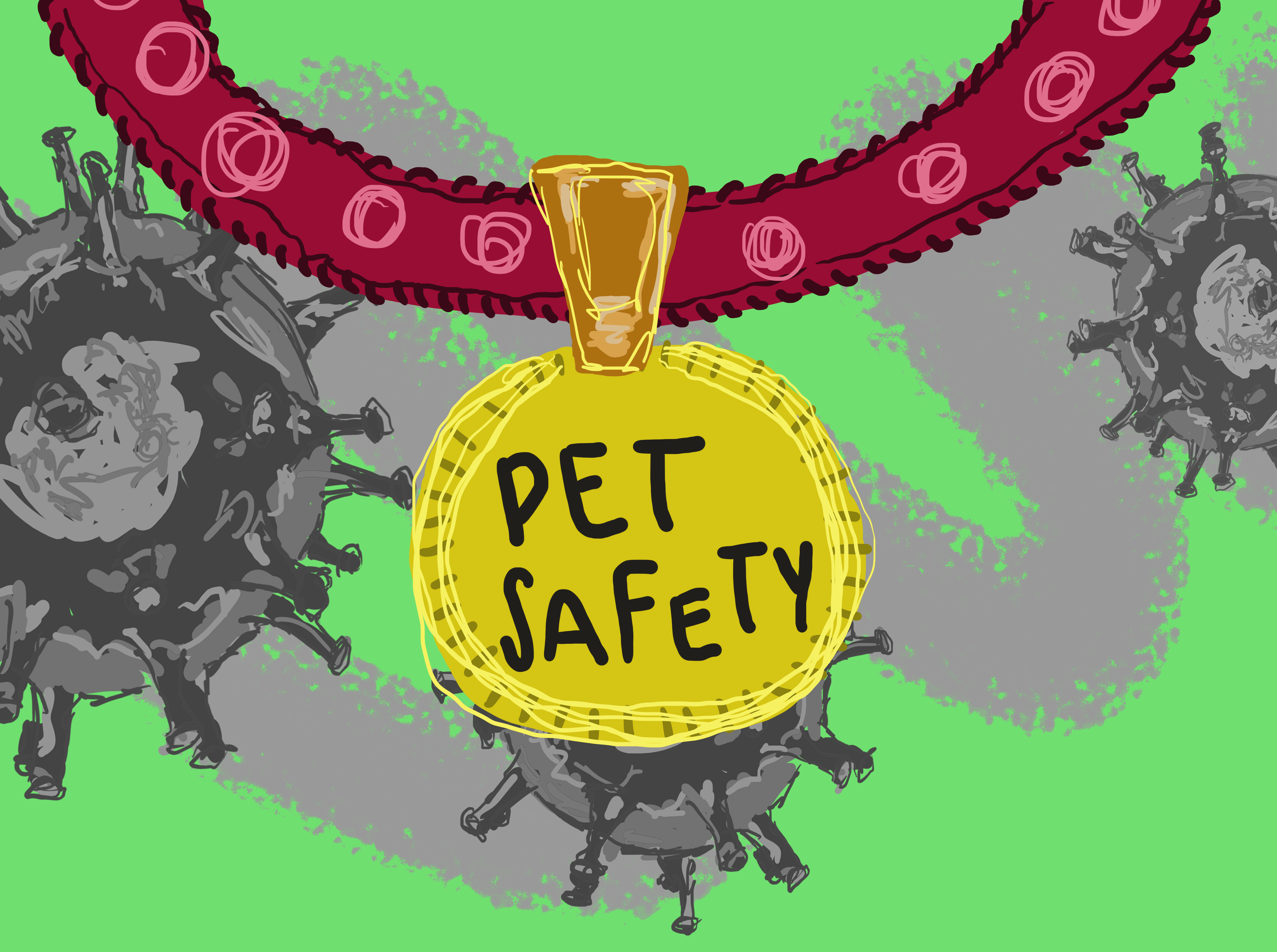Because of the outbreak of the COVID-19 pandemic many countries are taking precautions and providing information to prevent the spread. However, information regarding how it can affect animals has not been looked into.
The start of the virus was speculated to be from when a person ate an animal from a live market in Wuhan, China, according to the CDC. However, this was not the last animal to contract the coronavirus since.
Since the pandemic and spread of COVID-19 there was the first case of an animal contracting the virus on Apr. 2. A tiger at the Bronx Zoo, located in New York, tested positive with the virus after showing symptoms of a respiratory illness. A zookeeper who was asymptomatic is speculated to have given the tiger the virus and six other tigers in the zoo are showing symptoms, according to National Geographic.
Health officials noted that the virus can spread from humans to animals. However, there is still little to no evidence about whether or not humans can contract the virus from animals. So how does this affect your domesticated animals?
Dogs can contract canine respiratory viruses, this particular strain of the virus is not a threat to them, according to the American Kennel Club. There is no evidence that they play a role in the spread of the COVID-19.
Veterinarian and USDA official, Dr. Jane Rooney, goes into more detail about this from an interview by the Associated Press.
“There doesn’t appear to be, at this time, any evidence that suggests that the animals can spread the virus to people or that they can be a source of infection in the United States,” she said, adding that it is safe to pet and interact with your pets.
The American Veterinary Medical Association’s Chief Veterinary Officer, Dr. Gail Golab, explains how it is harder for pets to contract the illness, according to an interview with the American Kennel Club.
“The virus survives best on smooth surfaces, such as countertops and doorknobs,” she said. “Porous materials, such as pet fur, tend to absorb and trap pathogens, making it harder to contract them through touch.”
It is still advised to practice good hygiene when being around animals. Although pets cannot easily contract the virus by themselves, it is possible that they can get the virus from their owners. This is especially true if their pets have an underlying respiratory illness or disorder.
It is possible for carriers of the virus to be asymptomatic which is why it is important to still take safe measures to protect the animals and the people around you.
It is advised for pet owners to wash their hands before and after handling their pet. As well as to continue practicing social distancing and not put their pets in crowded areas.
Graphic: Maggie Claytor/ The Johnsonian




